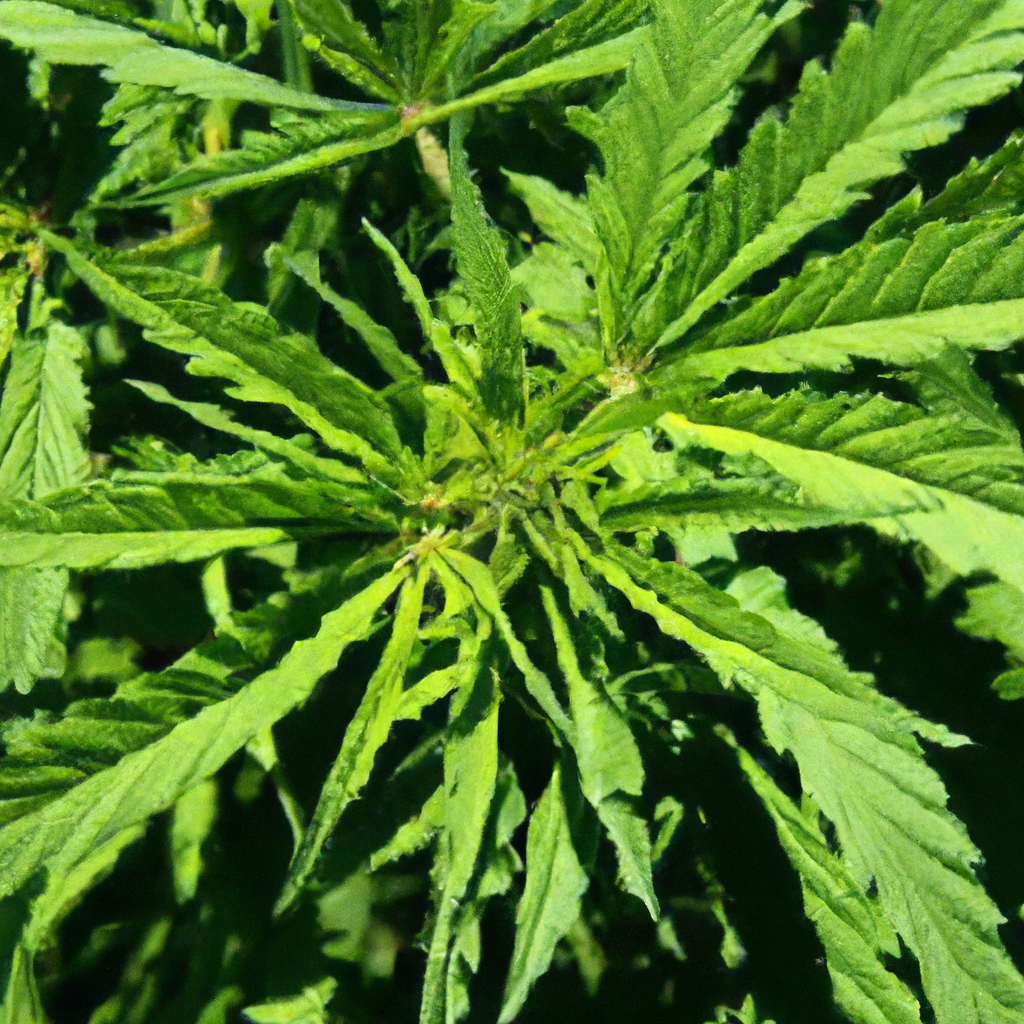Your cart is currently empty!
Organic cannabis cultivation is quickly gaining popularity among growers who wish to nurture their plants while safeguarding the environment. Growing organically not only ensures a pure and natural product for consumers but also supports the earth’s delicate ecosystems. This guide provides best practices for organic cannabis cultivation using natural fertilizers, compost, and pest control methods, all while enhancing the soil health and ensuring sustainability.
The Importance of Healthy Soil Ecosystems
A thriving soil ecosystem is the backbone of successful organic cannabis cultivation. Healthy soils boast a rich diversity of microorganisms, like beneficial bacteria and fungi, which contribute to nutrient cycling and disease suppression. Avoid using synthetic chemicals that can harm soil life. Instead, aim to work with nature.
- Compost and Mulching: Incorporate compost made from plant waste to provide essential nutrients and improve soil texture. Mulching with organic materials, such as straw or wood chips, helps retain moisture and build humus.
- Cover Cropping: Planting cover crops, like clover or rye, can fix nitrogen and prevent erosion, fostering better nutrient availability and soil structure.
Nurturing with Natural Fertilizers
Natural fertilizers are critical for maintaining the organic status of cannabis gardens. These options are not only environmentally friendly but also promote robust plant growth:
- Manure and Worm Castings: Both are excellent sources of nutrients and humic substances that improve soil fertility.
- Fish Emulsion: This liquid fertilizer is rich in nitrogen, encouraging healthy growth while being gentle on plants.
- Seaweed Extracts: They provide a wealth of micronutrients and hormones that spur plant development and stress resistance.
Embracing Natural Pest Control Methods
Keeping pests at bay without resorting to synthetic chemicals is central to organic cannabis cultivation. Instead of harmful pesticides, consider these holistic control strategies:
- Beneficial Insects: Introduce predators like ladybugs and parasitic wasps to keep pest populations in check naturally.
- Companion Planting: Utilize plants like marigolds or basil to repel pests and attract beneficial insects, creating a balanced garden ecosystem.
- Neem Oil and Diatomaceous Earth: These natural substances can deter or kill pests without harming the environment.
Benefits of Organic Cannabis for Consumers and the Environment
Organic cannabis cultivation extends benefits beyond just the growing process. For consumers, organic cannabis is free from residual synthetic chemicals, resulting in a cleaner, safer product. Moreover, maintaining a sustainable approach to cultivation contributes to a reduced carbon footprint and promotes biodiversity.
Emphasizing sustainability in your growing operations not only yields plants with enhanced flavor and aroma but also supports the planet for future generations. By adopting these organic practices, you contribute to a healthier ecosystem and provide consumers with cannabis that aligns with eco-friendly values.
Conclusion
Organic cannabis cultivation is more than just a trend; it’s a commitment to nurturing plants with the utmost care for both the environment and the end consumer. By building healthy soil ecosystems, utilizing natural fertilizers, and employing biological pest control methods, growers can achieve flourishing cannabis crops sustainably. These practices not only enhance the health of the plants but also ensure a cleaner, greener earth and a superior product for consumers.
Discover more from Magic Clones
Subscribe to get the latest posts sent to your email.


Leave a Reply